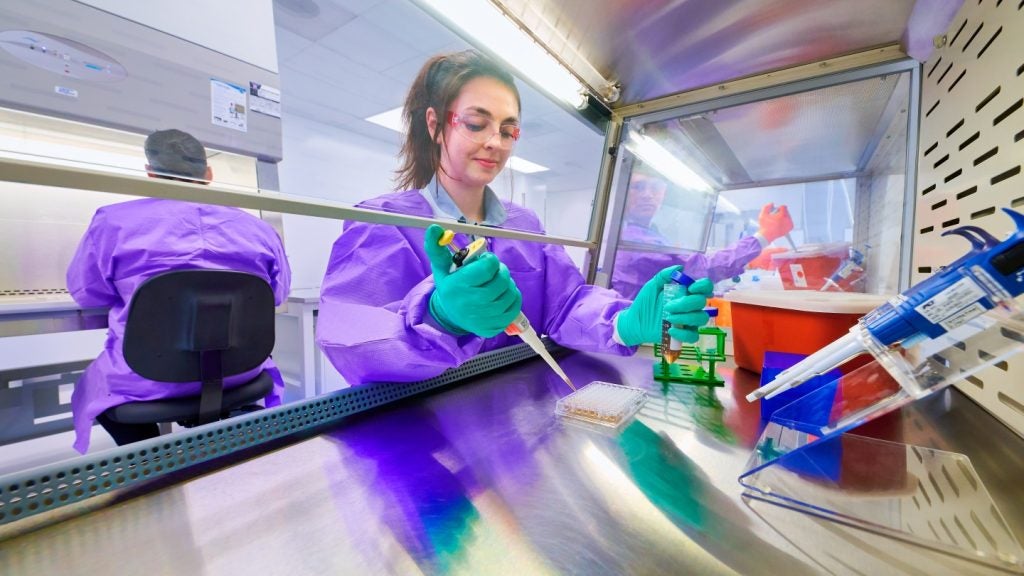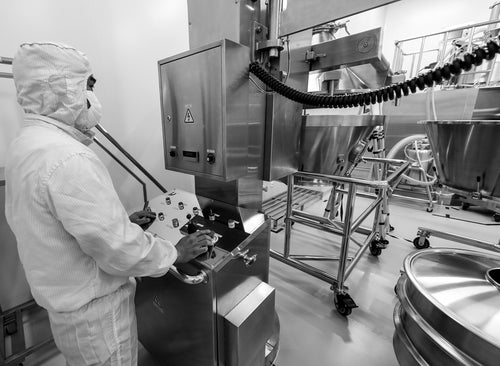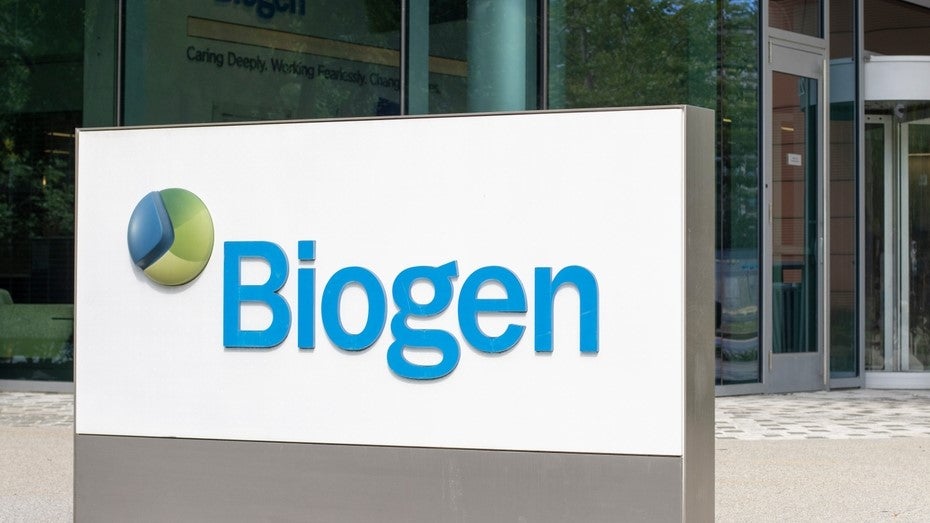Booster Therapeutics has announced its inception, backed by a $15m investment, to develop a new class of proteasome activator medicines aimed at treating neurodegenerative diseases and other complex conditions.
Apollo Health Ventures and Novo Holdings spearheaded the financing round.
The company's focus is on creating small-molecule therapeutics that enhance the natural function of proteasomes, the cellular machinery responsible for eliminating harmful proteins.
Proteasomes are vital in maintaining cellular health by degrading damaged or misfolded proteins.
When proteasomes are impaired, these defective proteins can accumulate, potentially leading to severe diseases.
Unlike existing protein degradation therapies that target individual proteins for destruction, Booster's approach treats diseases caused by multiple protein dysfunctions.
Their compounds activate 20S proteasomes, which can identify and degrade disordered proteins without the need for ubiquitin tagging, a marker protein used in other therapies.
Booster leverages its DGRADX platform for the small molecule discovery process, employing automated high-throughput screening along with advanced structural and computational techniques.
This platform is tailored to augment the activity of 20S proteasomes, thereby enhancing the body's capacity to eliminate disease-causing proteins.
With an extensive library of activator compounds, Booster plans to develop a diverse pipeline of treatments targeting proteinopathies and diseases caused by abnormal proteins.
Booster Therapeutics co-founder and chief scientific officer Dr Diogo Feleciano stated: “Proteasome activation offers important advantages over more limited conventional protein degradation approaches and provides a powerful lever to combat the effects of the many types of deviant proteins that can accumulate in cells when proteasome function declines through age or disease. The implications for solving major degenerative conditions, such as Parkinson’s and Alzheimer’s, are enormous.
“We’re grateful for the support of our investors, who have enabled us to assemble a world-class team to realise the untapped potential of proteasome activation against a range of difficult-to-treat diseases.”
















